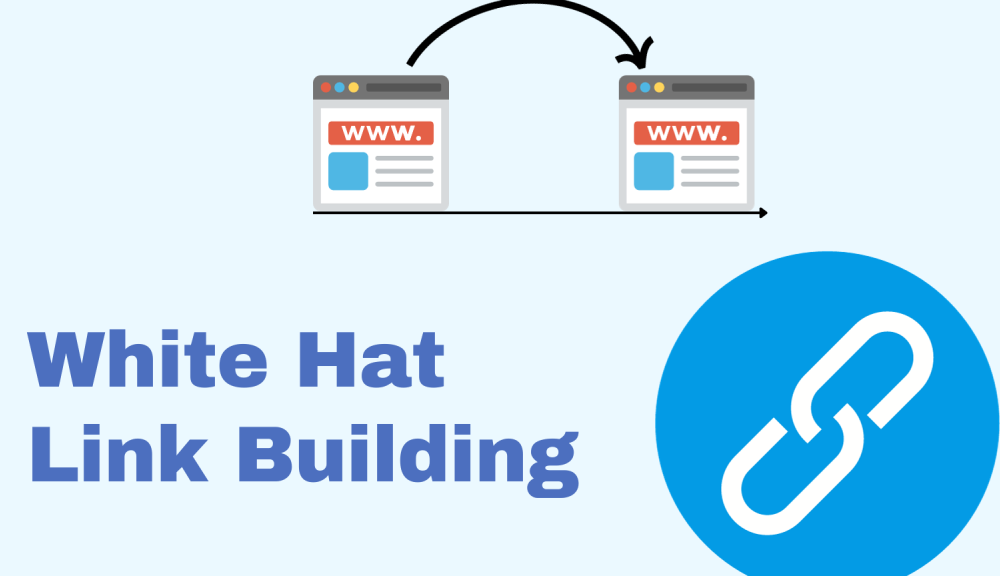In today’s digital world, where online presence is paramount, achieving a spot on the first page of Google Search can significantly elevate your business, brand, or personal website. Ranking on Google’s first page is not just a goal—it’s a necessity for visibility and success. David Aziz, an expert in digital marketing and search engine optimization (SEO), shares his top tips for getting on the first page of Google search results. If you’re asking, “How to get on first page of Google search David Aziz?” this article will guide you through proven strategies that can propel your site to the top of the rankings.
Introduction
Getting on the first page of Google Search isn’t an overnight achievement. It requires strategy, dedication, and the right techniques. Google’s algorithm takes various factors into account when ranking websites, from keyword optimization and high-quality content to backlinks and site speed. By understanding these factors and applying them effectively, you can significantly increase your chances of appearing on that coveted first page.
David Aziz’s expert advice revolves around time-tested SEO strategies that enhance a website’s relevance, authority, and user experience. In this article, we’ll dive into these expert tips and explain how you can use them to optimize your website and rank higher in search results.
1. Keyword Research: The Foundation of SEO
When someone asks, “How to get on first page of Google search David Aziz?” one of the first things David advises is thorough keyword research. Keywords are the terms and phrases users type into the Google search bar when looking for information, products, or services. If you want to rank high, you need to identify and target the right keywords.
How to Do Effective Keyword Research
- Use Tools: Start with tools like Google Keyword Planner, Ahrefs, or SEMrush to find high-volume keywords related to your niche.
- Focus on Long-Tail Keywords: These are longer and more specific keyword phrases that can be easier to rank for and often have higher conversion rates.
- Competitor Analysis: Review the keywords your competitors are ranking for and identify opportunities where you can outperform them.
David Aziz emphasizes the importance of relevance over sheer volume. A website targeting the right, high-conversion keywords is far more likely to succeed in reaching the first page of Google Search.
2. On-Page SEO: Optimize Your Content and Structure
Once you’ve identified your target keywords, the next step is to optimize your on-page content. This refers to the content and structure of the individual pages on your website. Google’s algorithm ranks pages that are well-structured, relevant, and informative.
Key On-Page SEO Tips:
- Use the Focus Keyword Naturally: Integrate your focus keyword, such as “how to get on first page of Google search David Aziz,” in key areas like the title tag, meta description, header tags (H1, H2), and throughout the content.
- High-Quality Content: Content is king when it comes to SEO. Ensure your content is engaging, informative, and solves problems for your target audience.
- Internal Linking: Use internal links to guide users to related content on your website. This helps Google understand your site structure and improves user experience.
David Aziz recommends focusing on user intent when creating content. Your pages should provide value and meet the needs of the people searching for specific keywords.
3. Content Quality: Create Value-Driven Articles
When searching for “how to get on first page of Google search David Aziz,” one of the first things you’ll notice is the emphasis on content quality. High-quality content is the cornerstone of any successful SEO strategy.
Why Quality Content Matters
- Engagement Metrics: Google values user engagement, such as time spent on page, bounce rates, and click-through rates. Quality content keeps visitors on your page longer, reducing bounce rates and increasing the chances of ranking higher.
- Freshness: Google rewards fresh, up-to-date content. Regularly updating your articles and adding new, relevant information can give your pages an SEO boost.
David Aziz stresses the importance of originality and value in your content. Avoid fluff or keyword stuffing; instead, create well-researched, informative, and unique articles that answer the questions people are asking.
4. Mobile Optimization: Google’s Mobile-First Indexing
With over half of global searches coming from mobile devices, ensuring your website is mobile-friendly is essential. Mobile optimization is one of the key factors that can influence whether you make it to the first page of Google Search.
Tips for Mobile Optimization:
- Responsive Design: Your website should automatically adjust to fit various screen sizes, ensuring a seamless experience for mobile users.
- Page Speed: Mobile users expect fast-loading websites. Compress images, reduce JavaScript, and optimize your site to load quickly on mobile devices.
- User Experience (UX): A clean, easy-to-navigate layout is crucial for mobile users. Avoid clutter and ensure all essential elements are easy to find.
David Aziz emphasizes that mobile-first indexing means that Google will prioritize the mobile version of your website over the desktop version when ranking your site.
5. Backlink Building: Increase Your Site’s Authority
Backlinks, or inbound links from other websites, are one of the most powerful ranking factors in SEO. If you want to know how to get on first page of Google search David Aziz, you need to understand the importance of acquiring quality backlinks.
How to Build Backlinks:
- Guest Posting: Write valuable content for other blogs in your industry and include a link back to your website.
- Broken Link Building: Find broken links on relevant websites and suggest your content as a replacement.
- Create Shareable Content: Infographics, videos, and in-depth guides are highly shareable and can naturally attract backlinks.
David Aziz advises that quality over quantity is key when it comes to backlinks. A few high-quality links from authoritative sites are more valuable than hundreds of low-quality links.
6. User Experience: Prioritize Speed and Navigation
Google places high importance on user experience (UX). Websites that offer a smooth, enjoyable experience tend to rank higher in search results. One of the most important UX factors is page speed.
Improve Website Speed:
- Optimize Images: Large images can slow down your site. Use image compression tools to reduce file sizes without sacrificing quality.
- Use Caching: Caching can speed up the loading time of your site by storing elements of your site in a user’s browser for faster access.
- Choose a Fast Web Hosting Provider: Your web host plays a significant role in your website’s performance. Choose a reliable hosting provider known for fast load times.
David Aziz believes that site speed and overall navigation are critical components of improving user experience and boosting your chances of ranking on the first page of Google.
7. Local SEO: Target Local Search Results
If your business serves a local area, focusing on local SEO is crucial. David Aziz suggests that optimizing for local search can be an effective way to rank on the first page of Google, especially for location-specific searches.
Local SEO Tips:
- Google My Business: Claim and optimize your Google My Business profile. This can improve your visibility in local search results and Google Maps.
- Local Citations: Ensure your business is listed in local directories with consistent Name, Address, and Phone Number (NAP) information.
- Localized Content: Create content that resonates with your local audience, including using local keywords and addressing local issues or events.
By focusing on local SEO, businesses can improve their chances of ranking higher for location-based searches.
Conclusion
Getting on the first page of Google Search is a challenge, but with the right strategies, it’s entirely achievable. As David Aziz highlights, SEO is a comprehensive process that involves keyword research, on-page optimization, quality content, mobile-friendliness, backlink building, and improving user experience. By consistently applying these tips, you can improve your website’s visibility and rankings on Google.
Achieving that first-page ranking is a long-term investment, but the payoff in increased traffic, leads, and conversions makes it worthwhile. So, if you’re wondering how to get on first page of Google search David Aziz, follow these expert tips, stay consistent, and watch your website climb the search rankings.
FAQs
1. How long does it take to get on the first page of Google? The time it takes to rank on the first page of Google depends on several factors, including the competitiveness of your industry, the quality of your content, and your SEO efforts. Generally, it can take anywhere from a few months to over a year.
2. How can I improve my website’s load speed? To improve your website’s speed, you can compress images, minify CSS and JavaScript, use browser caching, and choose a faster web hosting provider. Regularly test your site speed using tools like Google PageSpeed Insights.
3. What is the most important ranking factor for Google? While there are many ranking factors, some of the most important include high-quality content, backlinks, mobile optimization, and site speed. Google values relevance, authority, and user experience.
4. Is SEO the only way to rank on the first page of Google? SEO is the most effective and sustainable method for ranking on the first page of Google. However, other methods like paid ads (Google Ads) can also help increase visibility, though SEO offers long-term benefits.




